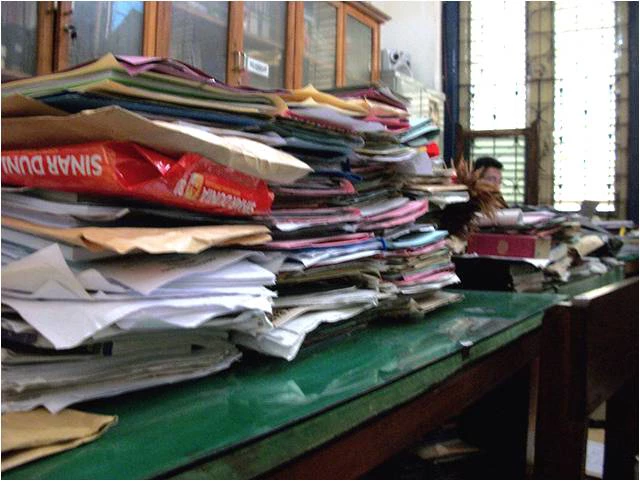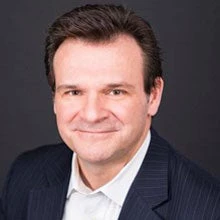
Some teachers gave pupils answers. Some filled in answers themselves. Some pointed to answers while standing over pupils’ desks. Others let low-scoring children sit near—and copy from—higher-scoring ones. One group of teachers had a test-changing party over the weekend.
(Low Marks All Round, The Economist, July 14th 2011.)
My team and I presented a better, albeit less dramatic way to get to know our schools at a conference in Bali this summer. The System Assessment and Benchmarking for Education Results (SABER) program is a flagship initiative of the World Bank’s new Education Strategy 2020. SABER enables policy makers to look inside the black box of their education systems, and better understand the different policy domains that make up the whole.
After all, schools are much more than bricks and mortar, or a tick on an exam question. In reality they are a constantly changing and dynamic set of people and policies, which when working well, all push in the same direction: towards better quality and equity in education.
It took a decade for authorities in Atlanta to identify a problem in the system. But a benchmarking tool like SABER allows us to pin-point weaknessness in education policy before they run out of control, or better still, work proactively to identify policies that will improve quality and compare best practices across countries and regions.
This is what the Bali conference was all about – using the SABER East Asia pilot to examine and compare policies in the region and beyond, and tweak the benchmarking tool itself so that countries have the best information on the health of their schools. Check out the full conference report, Strengthening Education Quality in East Asia: SABER Pilot.
SABER encourages a global conversation about how to improve education quality, with lessons learned from rapid improvers. At the Bali conference we didn’t just hear from East Asian colleagues, but also from experts from further afield such as Jerzy Wisniewski, Former Head of Strategy at the Polish Ministry of Education, and Cecilia Maria Velez White, Colombia’s Former Minister of Education. From East to West and South to North, education is certainly a sector that can benefit from cross-regional dialogue.
SABER incorporates a broad spectrum of 'policy domains’ – from teachers, vocational tracking, tertiary education and school accountability; to less explored areas such as the use of information technology or private sector engagement.
In Bali we presented SABER to the toughest and most important audience of all: those policymakers whose daily task it is to manage the complexities of an education system. The feedback on SABER was overwhelmingly positive: countries think it is useful, timely and relevant to their needs.
There were also suggestions on how we can improve the tool, and make the most of the analysis. These fit into three broad areas:
1. Validate Data
SABER can only be as good as its data-collectors. With this in mind, our country clients, and colleagues from other development institutions such as UNESCO, AusAID, and the OECD, discussed ways in which we can get the best policy data for each domain. We agreed to validate data with experts within the education ministry.
2. Focus On Policies That Work
The East Asia pilot shows that while more advanced economies have high marks in most policy domains, countries that face greater resource constraints have shown that they too can excel. And oftentimes it is not always a question of resources, but the correct policy that counts.
3. Share Findings
Conference participants appreciated the chance to compare notes – to find out what their colleagues were doing across the region. The World Bank team is committed to the continued dissemination of SABER results, so that everyone can benefit from the store of knowledge our pilot studies are creating.
This pilot shows how policies based on solid evidence and best practice can be used to guide global education reform. Clear potential exists for cross-country collaboration on SABER in other regions, as we help bring this innovative assessment tool to other parts of the world. "SABER is a vital part of our direction in education over the next decade," says Mahmoud Mohieldin, Managing Director of the World Bank, "as it helps countries better understand the policies needed to ensure learning for all.”


Join the Conversation